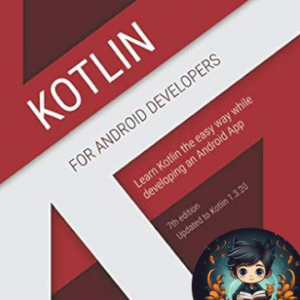- Set up the software needed to run Julia and your first Hello World example
- Work with types and the different containers that Julia makes available for rapid application development
- Use vectorized, classical loop-based code, logical operators, and blocks
- Explore Julia functions by looking at arguments, return values, polymorphism, parameters, anonymous functions, and broadcasts
- Build custom structures in Julia
- Interface Julia with other languages such as C/C++, Python, and R
- Program a richer API, modifying the code before it is executed using expressions, symbols, macros, quote blocks, and more
- Maximize your code’s performance
Who This Book Is ForExperienced programmers new to Julia, as well as existing Julia coders new to the now stable Julia version 1.0 release. Update 2021.Feb.07: code snippets on the GitHub repository checked and updated to Julia 1.6 and today’s version of the packages.While Julia itself has been remarkable stable starting from its 1.0 release, some packages underwent few but important changes in their API (notably DataFrames and JuMP).The code snippets in the GitHub repository (github.com/Apress/julia-quick-syntax-reference) associated to the book have all been checked and updated to the latest versions of the packages and they all work with the upcoming Julia 1.6 release, with the exception of those related to the Cxx package which requires Julia 1.1-1.3. Project.toml and Manifest.toml files have been added to the repository. See the readme on the GitHub repository on how to use them so that you can work with the same exact versions of all the packages (and dependencies) that I used when I created or checked the code snippets.
INFORMATION PAGE:







